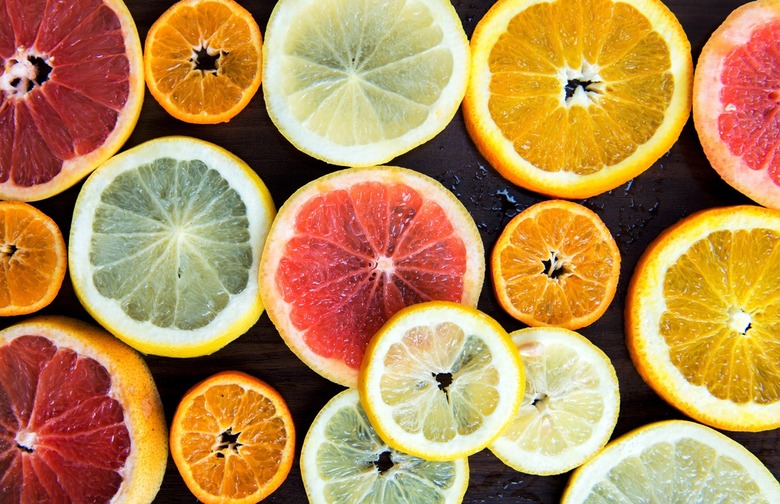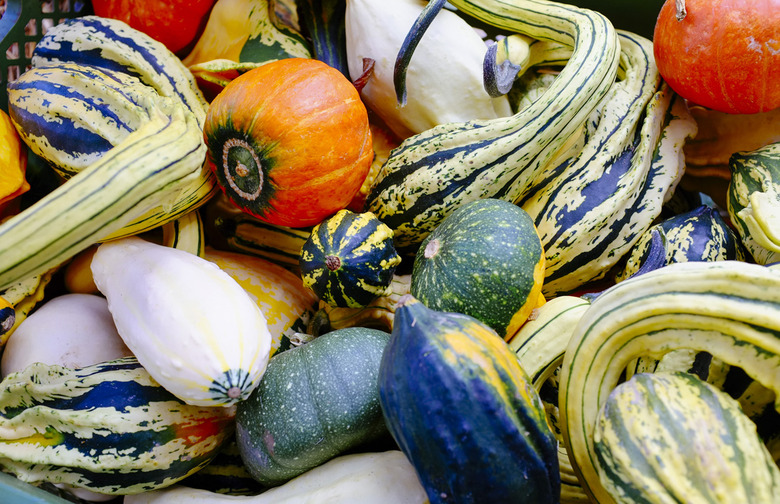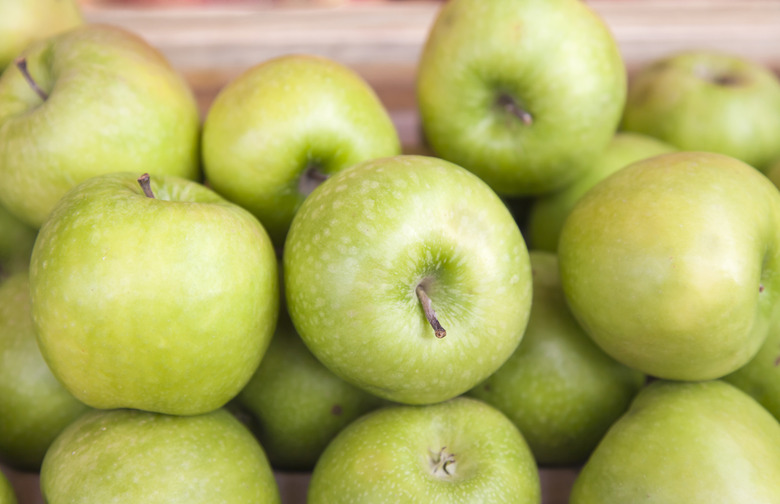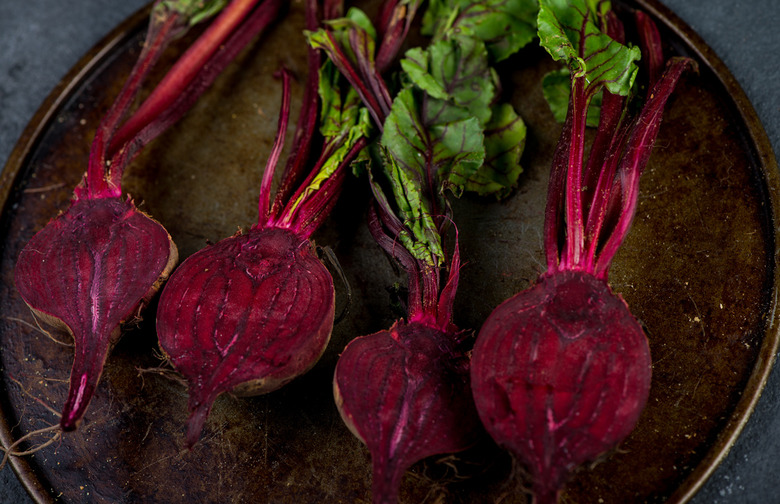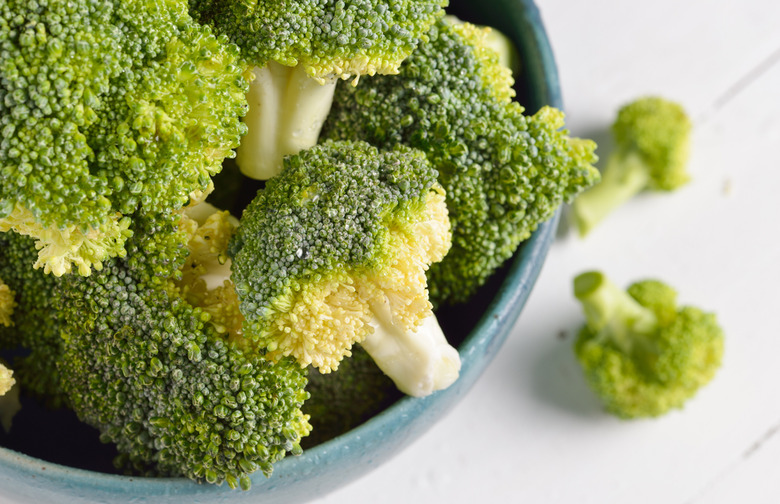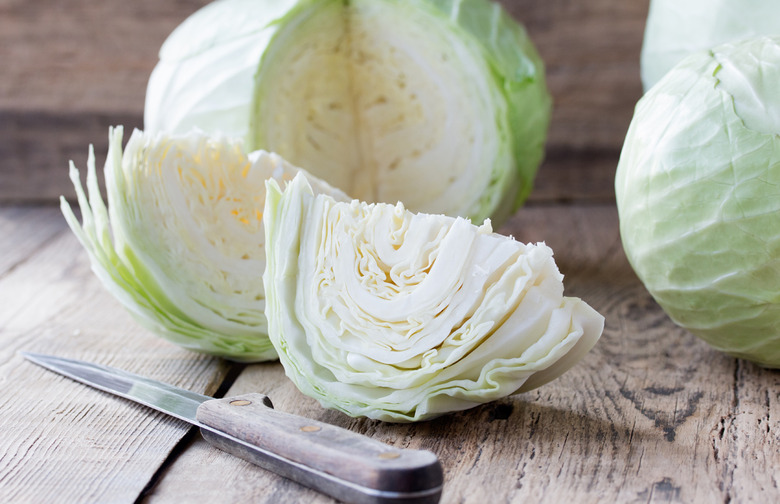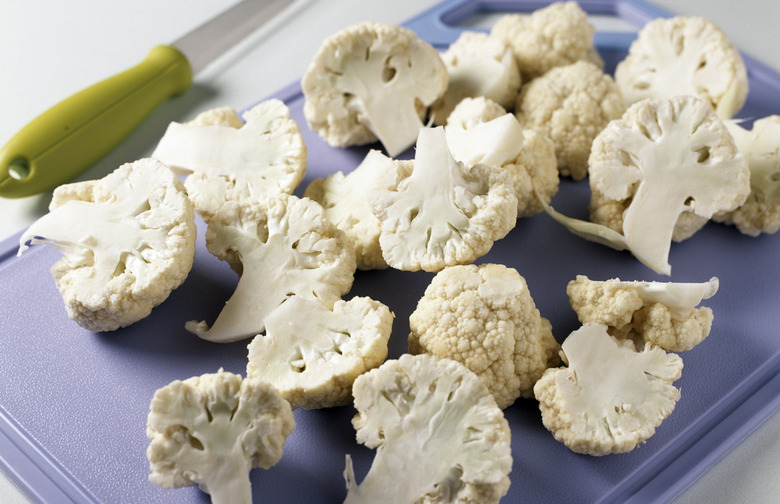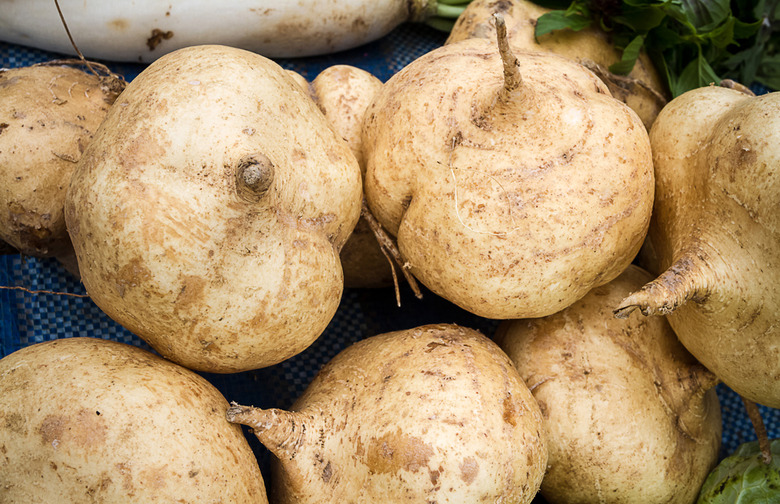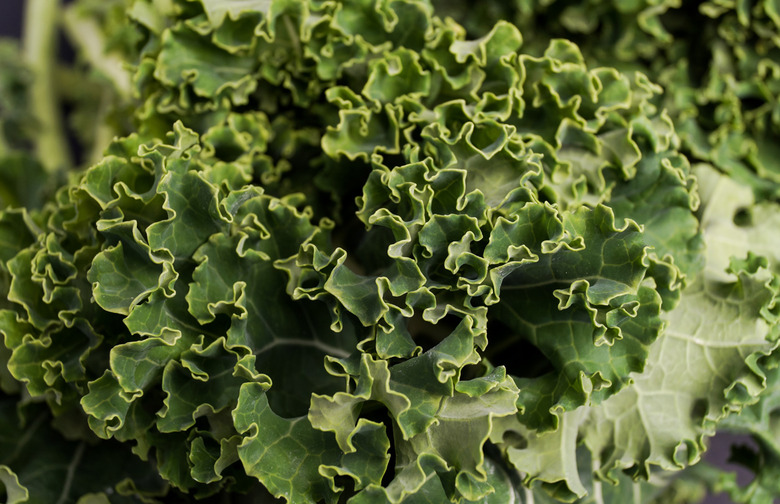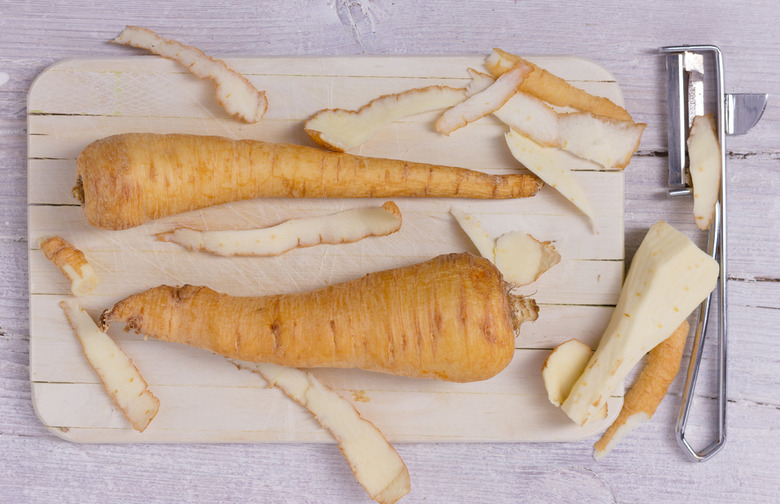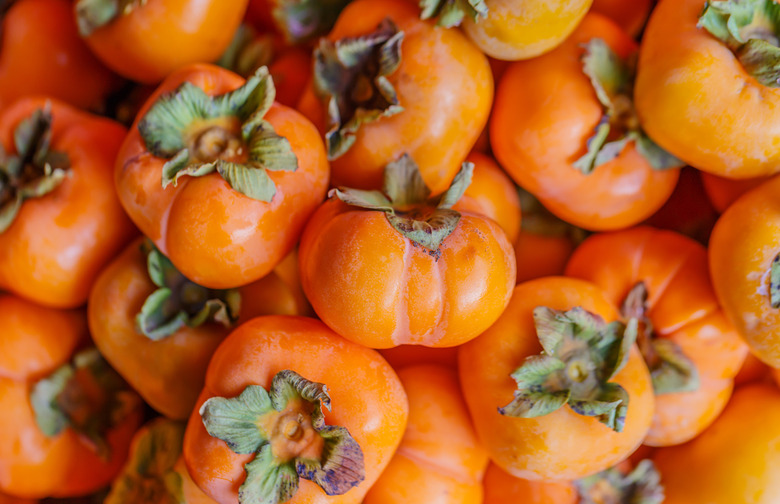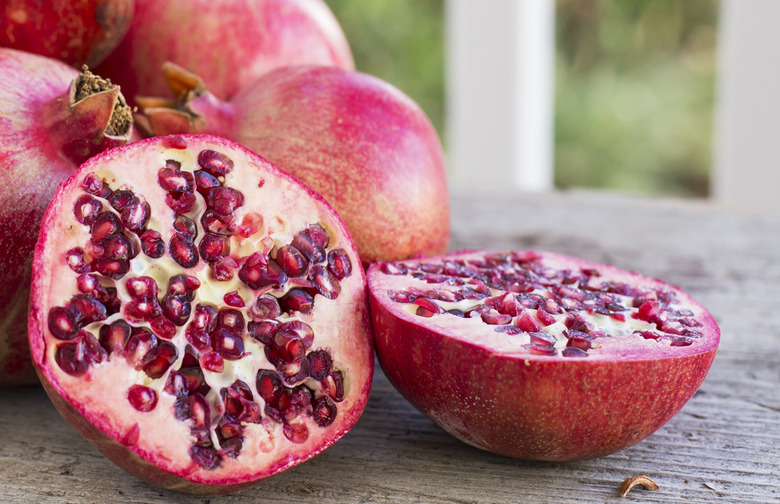What's In Season: Winter Produce That Shouldn't Be Ignored Slideshow
What's in Season: Winter Produce That Shouldn’t Be Ignored
Try cooking your way out of the winter blues by experimenting with fresh, winter produce. Don't let the sometimes sparse selection get you down; there is more to the winter farmers market experience than apples.
Plan your breakfast, lunch, and dinner around fresh, seasonal picks like our favorite parsnips, persimmons, and juicy winter citrus — winter has never tasted so good.
Apples
Apple varieties are as diverse as the uses for this popular winter fruit. Whether you are interested in baking or soup-making there are plenty of ways both sweet and savory to use this easy-to-find fruit.
Beets
This root vegetable comes in colors ranging from off-white to bright red. Brighten up winter salads with colorful roasted beets or harness their sweetness for use in baking.
Broccoli
This cruciferous vegetable is good for a lot more than dousing with cheese. Experiment with different varieties like broccolini and broccoli rabe, which has a pleasantly bitter taste.
Brussels Sprouts
Brussels sprouts, once the dietary bane of children, have experienced a resurgence in popularity of late. A quick blanch in boiling water before you sauté, fry, or roast this cruciferous vegetable will eliminate that sometimes bitter aftertaste that many people have grown to associate with it.
Cabbage
Cabbage doesn't require a lot of light to grow, making it an excellent fall and winter crop. When picking out cabbage, look for densely packed leaves that are free of blemishes. Shred cabbage for salads, slaws, and stir-fries.
Cauliflower
Cauliflower is found year round, although it won't fare well as a crop in very cold climates. Look for tightly packed clusters of florets without any visible brown spots. Use your cauliflower raw, slice thinly for salads or crudités. The vegetable has also become a popular, healthy substitute for potatoes. Additionally, cauliflower can be seasoned and roasted, pickled, or fried.
Citrus
Winter citrus helps to brighten heavy winter flavors. Enjoy the lip-puckering perfection of kumquats or the sweet infusion of thin-skinned mandarin oranges. It seems like there is an endless variety to choose from for brightening sauces, baking into desserts, and more. Your fruit should feel heavy and firm when you pick it up, and brightly colored skin can indicate optimum ripeness.
Jicama
This firm tuber, similar to a turnip is popular in Latin cuisine. Use this winter vegetable to add crunch and sweetness to your winter salads or roast it alongside potatoes for a wonderful Latin influenced breakfast hash.
Kale
You need those winter greens to keep up your folic acid intake during the winter. Plus, kale is actually sweeter when harvested in the winter. Kale is versatile — shred for fresh salads, braise for a tender sweet side dish, or dehydrate for healthy and crisp chips.
Parsnips
Not to be confused for a pale carrot, this root vegetable has sweeter taste when roasted. Turn parsnips into an elegant mash for a sweet side dish to serve alongside grilled chicken or pork chops. Parsnips come in a range of shades from very pale white to beige and should be firm with very little bend to them.
Persimmons
Bright, beautiful, satiny-skinned persimmons aren't utilized as much as they should be in winter cooking. Ripeness is key; the fruit is quite bitter if not ripe, but sweet with a hint of cinnamon-like spice when ready for eating. Avoid fruits with brown blemishes. The fruit should be firm with just a hint of give.
Pomegranate
Pomegranates are a lot of work to remove the seeds from the web-like membrane, but the sweet and crunchy seeds are worth the effort. Enjoy the seeds on their own, or add them to dips, stews, salads, or desserts. The heavier the pomegranate, the juicier the seeds.
Winter Squash
Winter squash refers to the hard-skinned squashes, like acorn squash and butternut squash. Turn these squashes into delicious soups and purées, or even bake with the sweet flesh of winter squashes. Pick out the firmest squashes for the best flavor.
